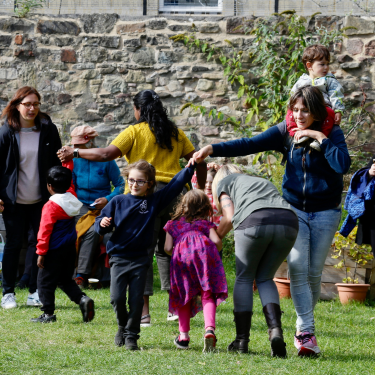At the heart of our Pomegranates Festival, once again, is the intensive day of professional development workshops led by Scottish artists and creative migrants based in Scotland. This year the line-up includes 12 trad dance workshops taught by 14 dance artists including Evie Waddell, Nadia Khattab, Niki & Yangyang, Lara Russo & Inesa Vėlavičiūtė, Gica Loening, Vassia Bouchagiar-Walker, Angel Godwin, Jack Anderson, Brigitte Cicilya Juliet, Tony Chen, Sabie Madubela and Lucia Leeson (Motherfunk), all accompanied live by 11 musicians, including Isla Ratcliff, Petros Tsaftaridis & Yannis Konstas, Chris Lyons, Ella Hashemi, The Badwills Band, Jed Milroy, Jieyi Wang and Nemo Ganguli with whom we circumnavigate the globe from Scotland to South Africa in just eight hours. What is more, once again the Pomegranates 2024 day of workshops is entirely FREE to attend in person in Edinburgh or join from anywhere in the world via the festival livestream – all thanks to our ongoing partnership with our major academic partner Moray House School of Education and Sport, University of Edinburgh!
POMEGRANATES 2024 FESTIVAL >>>>> 12 PROFESSIONAL DEVELOPMENT WORKSHOPS
Saturday 20 April 2024 09:00-17:00 BST (British Summer Time)
St. Leonard’s Land Dance Studio, The University of Edinburgh, Holyrood Rd, Edinburgh EH8 8AQ, Scotland
ATTEND IN PERSON >>>>>>>BOOK NOW >>>>>>>>FREE
JOIN THE LIVESTREAM >>>>>>>BOOK NOW >>>>>> FREE
DOWNLOAD THE PROGRAMME NOW >>>>>> FREE
But how did pomegranates become a metaphor for the process of creative professional development? While curating the pilot festival edition of Pomegranates we came across the line “Attracts me like a pomegranate”. It was initially the second line of the Beatles song Something (1969) written by George Harrison. “Pomegranate” was only used as a temporary filler before Harrison settled on the final lyrics, yet for us, pomegranates came to stand for the process of workshopping, experimenting and teaching which often remains hidden from the public eye.
In addition, all workshops will be attended in-person or online by our Pomegranates Festival 2024 artists-in-residence, including Jonzi D (hip hop theatre), Mare Tralla (screen dance/performance art), Jim Mackintosh (poetry/spoken word/storytelling) who will draw inspiration from all the workshops to create their creative responses to be presented at the Pomegranates festival finale on the stage of the Scottish Storytelling Centre on Monday 29 April 2024 – a triple bill of poetry, dance and screen dance to mark UNESCO’s International Day of Dance. Tickets are selling fast. All on Pay What You Can basis (£5, £10 or £15). BOOK NOW.
*
What else is new at Pomegranates 2024? This year we kicked off the festival season on 24 February with five world dance sessions at Edinburgh’s Stockbridge Library, four interviews with feisty women of Scottish trad dance for the new two-parter podcast episode of our Trad Dance Cast, three heritage craft workshops, two exhibitions and a sustainable fashion show!
Amongst the highlights of this year’s long festival weekend 25-30 April is a special presentation about the 60 years of Europeade; two walking tours about the dance history of Edinburgh’s Old and New Town; the newly revised dance theatre adaptation of Hamish Henderson’s Elegies, followed by a Lindy Hop session; our first Family Sunday and a grand finale with a triple bill of poetry, film and Hip Hop dance theatre. Do explore all aspects of this year’s festival and enjoy the pomegranates cocktail of movement!
*
Pomegranates is Scotland’s springtime festival initiated and curated by the Traditional Dance Forum of Scotland. Established in 2022 as part of Edinburgh Tradfest, Pomegranates returns in spring 2024 to once again sow the seeds and sequins of international traditional dance in Scotland and culminate into a celebration of UNESCO’s International Dance Day (29 April) with a long weekend of dancing around the world but also filled with art and music, films and poetry.




 *
*



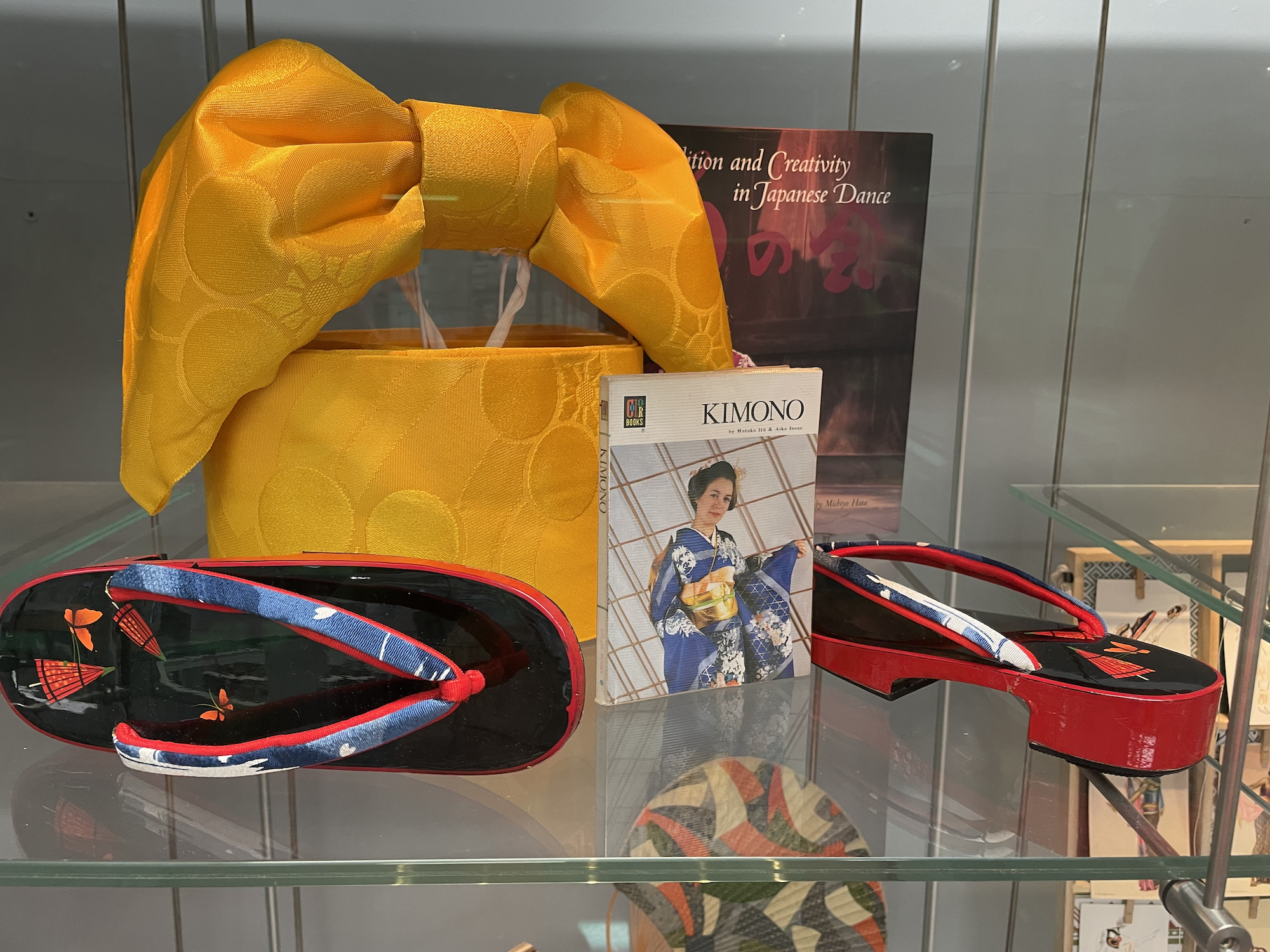

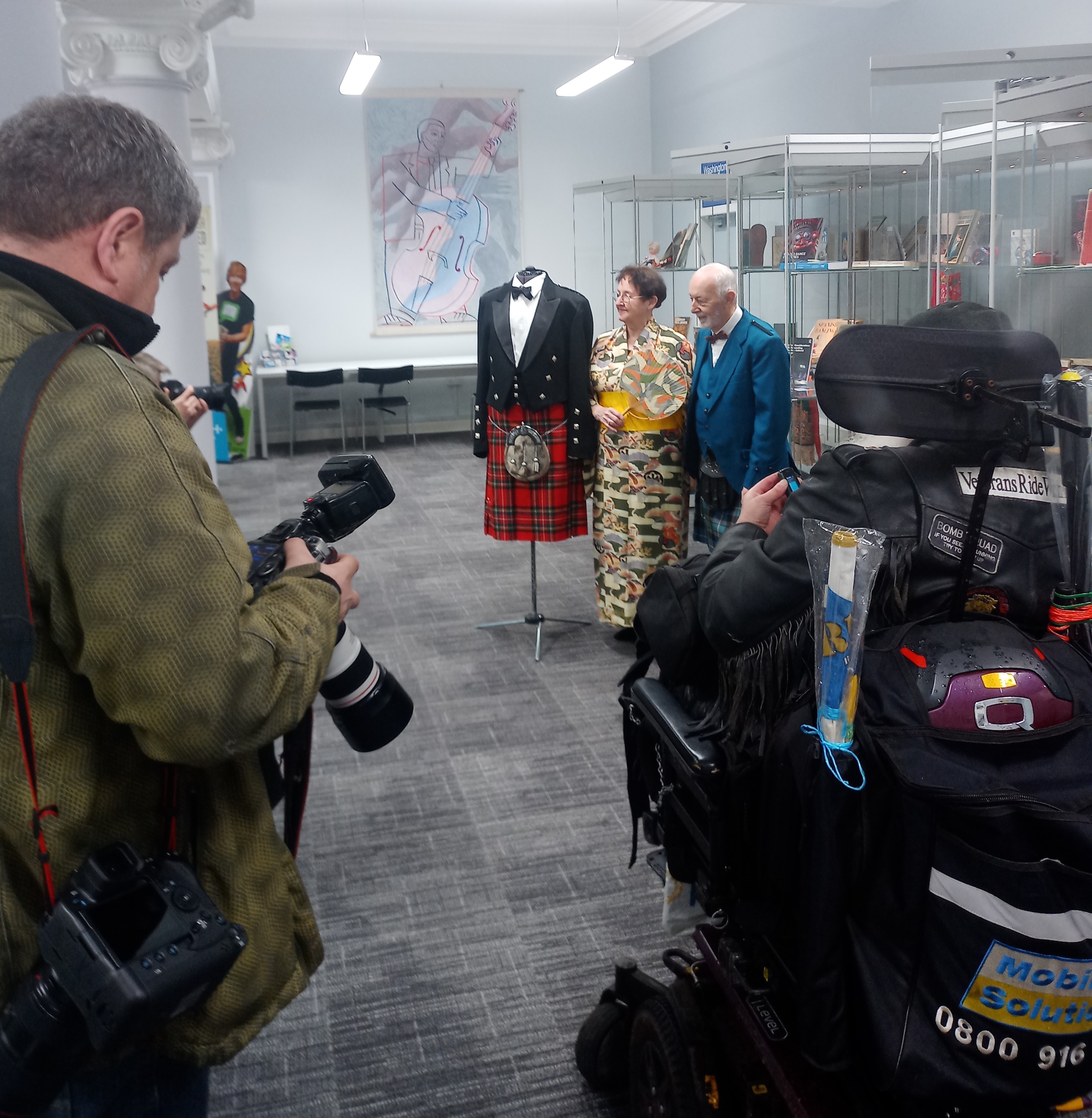










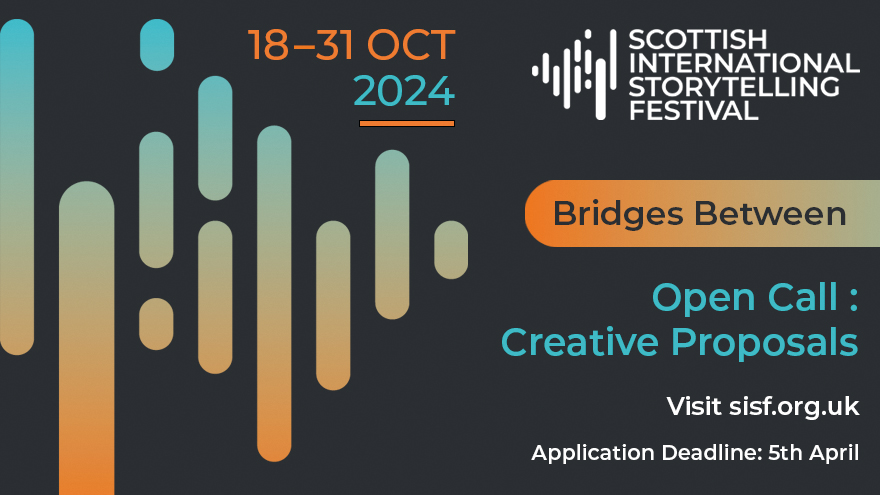
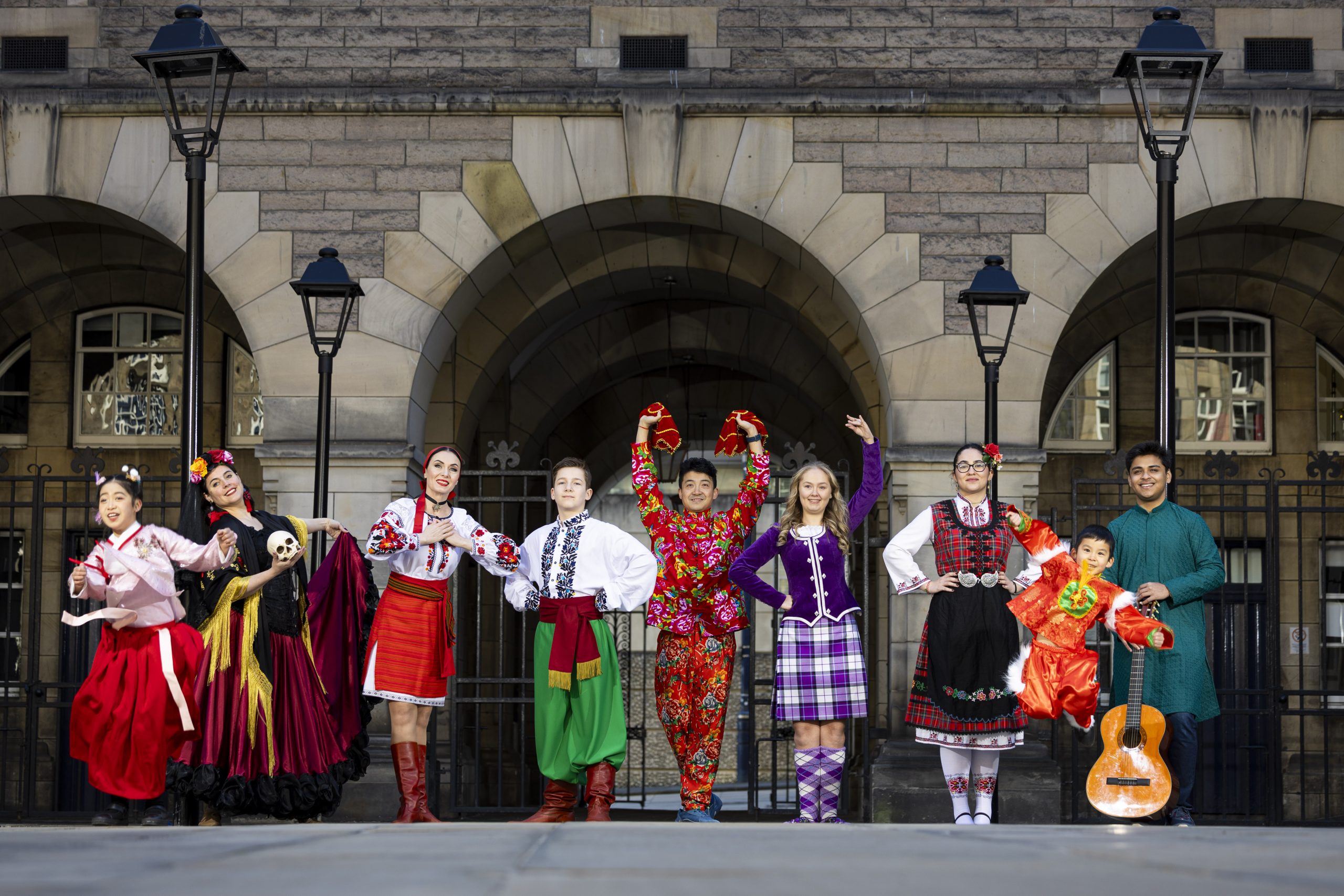
 The Pomegranates festival, supported by Creative Scotland’s Traditional Dance Target Fund, celebrates Scottish traditional dance and traditional dance practised by cultural migrant communities across Scotland. It provides a platform to showcase new dance commissions and residencies accompanied by live music, poetry, and art; and invites audiences to participate in ceilidhs, workshops (both in person and live streamed), tours, and talks about traditional dance from Scotland and around the world.
The Pomegranates festival, supported by Creative Scotland’s Traditional Dance Target Fund, celebrates Scottish traditional dance and traditional dance practised by cultural migrant communities across Scotland. It provides a platform to showcase new dance commissions and residencies accompanied by live music, poetry, and art; and invites audiences to participate in ceilidhs, workshops (both in person and live streamed), tours, and talks about traditional dance from Scotland and around the world.

